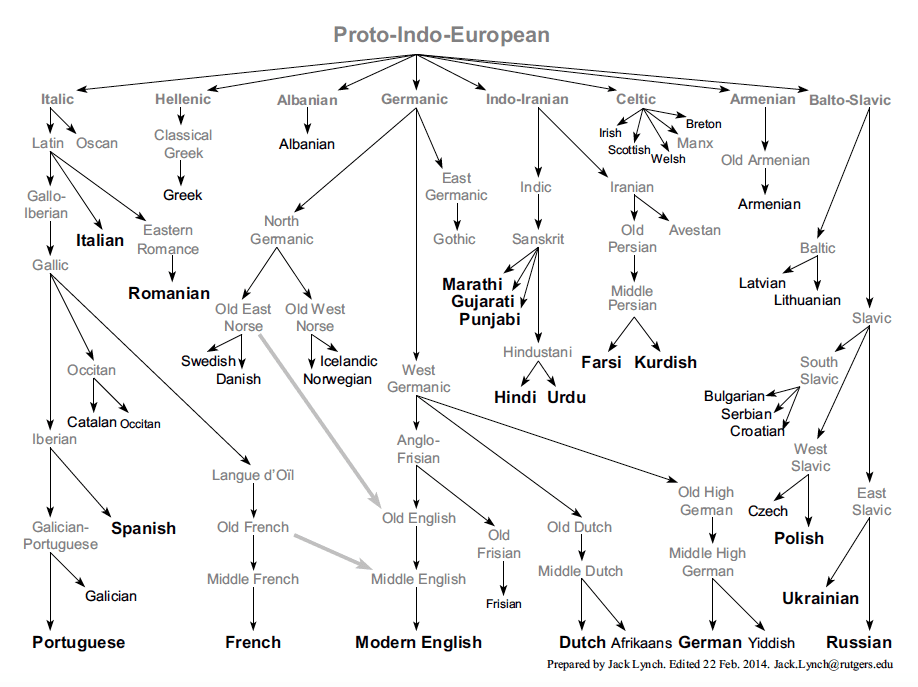One of the very best commentaries I have found on the Book of Mormon is free on the Internet: Brant Gardner’s Multidimensional Commentary on the Book of Mormon. Tonight, for example, it proved helpful in understanding the puzzling story in Mosiah 4:2 involving the recitation in unison of a lengthy statement by the people in response to King Benjamin’s fascinating speech. (That speech, by the way, is filled with many powerful evidences of ancient Hebraic origins – something very difficult for critics to explain. Oh, I feel a blog post coming . . .)
Posted in Uncategorized











i’ve always had a question about why alma the elder immersed himself w/ the dude he baptized first. that’s kinda weird compared to what we do now. if he hadn’t been baptized before, why wasn’t something done like w/ joseph smith and oliver cowdrey, where someone baptized him back. furthermore, that’s another thing. you can have the priesthood and authority to baptize before you have actually been baptized? doesn’t that seem weird? im assuming alma the elder either got the priesthood when he became a Nephite priest (although most likely given to him by a wicked and unworthy priest) orr like an angel appeared to him and gave him the priesthood (would have to happen for the melchizidek priesthood, right?) but i still don’t know about the whole immersing yourself as the person doing the baptizing. doesn’t sit well w/ me. thoughts, jeff?
The Semitic view of “baptism” is different from the Christian view. For Jews the tevillah, or ritual immersion, is an annual event at Yom Kippur. The men and women separate, disrobe, and walk through a mikvah, immersing themselves. Its ritual ablution. Converts to Judaism also do this upon their acceptance to the congregation. So, Alma’s rebaptism would follow this line of Semitic thinking regarding ritual ablution. Alma knows he wasnt living his life right under king Noah’s rule, and he is washing himself of it.
Hi. I just found your website-blog and was very impressed with your commentary. I have some questions about the Savior and the New Testamnet. Forgive me if I sound naive. I am. For example: Was it necessary for the Holy Ghost to be present on the earth–conferred upon people–while Christ was alive and administering. Did Jesus receive the Holy Ghost? After he died did the apostles continue to baptize and confer the Holy Ghost on people and if so, up until when? Was Jesus baptized as a prototype, an example, or were there other reasons? Thank you.
Good questions, Dulcimur. I’m not sure if I really know for sure. We know that the Holy Ghost had not yet fallen upon the New Testament Christians while they were with Jesus. Jesus did not need the Holy Ghost, as far as I know, because He is already part of the Godhead, the Son of God, though the Holy Ghost was present when He was baptized.
I don’t know when the gift of the Holy Ghost quit being formally given – remnants of that ancient practice persist in modern Catholicism. But the use of laying on of hands with priesthood authority for that ordinance may have stopped , perhaps, around 200 A.D. or so – just a guess. Really don’t know.
You mentioned the CHrist did not have, nor have need of, the Holy Ghost. I have a few thoughts. Could Christ be the perfect high priest if he didn't also experience what it was like to respond to and act upon spiritual promptings? Christ means the "anointed one". Anointed with what? The Holy Ghost. It descends in the form of a dove in Jn 1:34, and in Jn 3:34 John tells us that Christ had the Spirit "without measure". How could he (a God-man)remain sinless and perform a perfect Atonement without its guidance? How can we be obedient without the same divine anointing? We can try, but God did not intend for us to attempt it alone (Jn 14:15-16). Which brings up another interesting question, did Eve have the guidance of the Holy Ghost? She was given a commandment, but would God ever issue divine command without providing divine assitance? Remember that God was not present when the Serpent tempted Eve, so she certainly could have used the Spirit's help. When Eve listened to the serpent did she ignore the dove (the Spirit)? Is that the crux of her transgression? And, is it still the crux when we sin, ignoring promptings, rationalizing that what we see is "pleasant to the eyes and desirable", and therefore somehow a better choice than God's command. Summing up – I believe that the divine pattern of how the Spirit interacts with all men was set "in the beginning", and remained intact for Christ, who was a pattern in all things.
Comments?
Link not working? Is "Brants commentary still available somewhere online?
Thanks
Robert